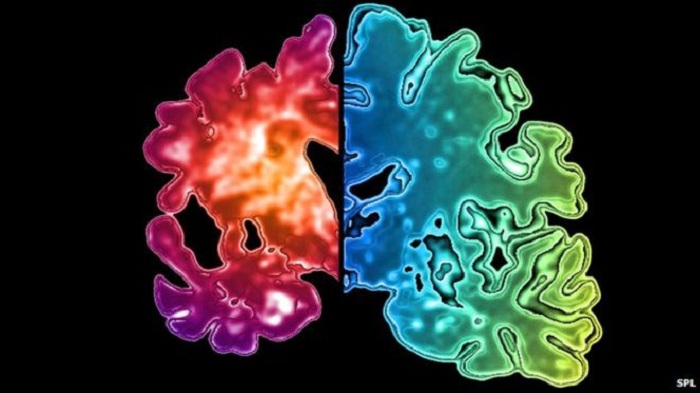The results of the trial were much anticipated after promising data was released last year.
The phase 3 trial, called EXPEDITION3, involved more than 2,000 patients with Alzheimer`s disease.
The drug targeted the build up of amyloid protein, which forms sticky plaques in the brain of patients with Alzheimer`s.
It is thought the formation of these plaques between nerve cells, known as neurons, leads to damage and eventually brain cell death.
There are several amyloid-clearance drugs going through trials, but solanezumab was at the most advanced stage of development.
These results were the last major hurdle before Lilly could seek to get the drug licenced, which will not now happen.
John Lechleiter, chief executive of Lilly said: "The results of the solanezumab EXPEDITION3 trial were not what we had hoped for and we are disappointed for the millions of people waiting for a potential disease-modifying treatment for Alzheimer`s disease."
Lilly estimates it has invested $3bn in dementia research in the past 25 years.
Prof Nick Fox, director of the Dementia Research Centre, UCL said: "This is a setback and it is very disappointing but there are other experimental approaches going through trials which show much greater promise than solanezumab."
More about:
















































